Epson's Stylus Photo P50 is one of the single-function inkjet printers available today. There's no scanner, card reader or even a PictBridge USB port for direct camera printing; just a simple USB connection to a single PC. As you might expect, it's smaller than most MFPs, but only just – showing just how compact the contact image sensor (CIS) scanners fitted to modern MFPs are.
Given the P50's comparative lack of features, it's surprising that it isn't cheaper. While it's basic, though, the print engine itself is reasonably well-specified. Epson's 5,760x1,440dpi may be outclassed – on paper at least – by most competitors, but this printer's 1.5 picolitre minimum droplet size is still very competitive. In theory, these small droplets are less visible as grain.
This isn't the only six-ink printer around, but while others use grey or a choice of black inks, the six cartridges in Epson's printers contain black, cyan, magenta, yellow, light cyan and light magenta; a more conventional arrangement. With lighter versions of cyan and magenta, individual dots of ink contrast less strongly with the white paper behind them, which again should have the effect of reducing visible grain in the lightest regions.
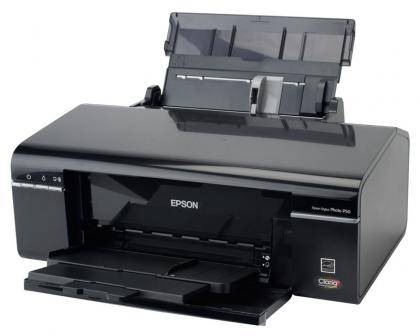
While the new Stylus Photo PX720W marks something of a departure for Epson, there's an immediate sense of familiarity with this printer. Although it's made from high-quality plastics and has an attractive, dimpled finish to the lid, the underpinnings seem little changed from those in other single-function Epson photo printers we've reviewed. This isn't necessarily a bad thing; the P50's internals are the same as the obsolete Stylus Photo R360, our current reference A4 photo printer.
We've often experienced below-average text quality from Epson photo printers, and the P50 is no exception. Our first print tests were so poor that we ran the print-head alignment routine from the driver. Unlike most devices here, this is a manual process that requires you to choose the best-quality blocks from a single sheet containing several examples.
While it did narrowly improve the output, the P50 still produced the worst quality text. Characters weren't as jet black as those from the HP or Canon printers, while their outlines had a slightly hairy appearance that betrayed their inkjet origins. Draft text was particularly poor, with characters comprising alternate lines of black and brown. On some rows characters had been 'torn' out of vertical alignment.
Colour prints on plain paper were better. Although blacks and other dark shades were still a little washed out, colours were accurate and there was no obvious banding or grain. However, with 24 colour pages taking just over seven minutes, this isn't the fastest document printer. Fortunately, the P50 makes a much better case for itself when printing photos. While it's not fast at its best quality, with postcard-sized prints taking two minutes each, the results are worth waiting for. Prints are crisp, revealing fine detail across light and dark areas, and on Epson's Premium gloss paper they have a convincing lab-quality finish.
Both the P50 and PX720WD use the same ink, and we tested them on the same paper. Although the results from the P50 had a slightly cooler colour balance, they matched the superb quality of those from the Stylus Photo PX720WD – with black and white shots looking particularly good. However, for this money we expect more than just great photos.
|
Basic Specifications |
|
Rating |
** |
|
Maximum native print resolution |
5,760x1,440dpi |
|
Quoted Speeds |
|
Quoted speed, mono A4 |
37ppm |
|
Quoted speed, colour A4 |
38ppm |
|
Tested Speeds |
|
Time for two 10x8in photos 1.0 |
8m 14s |
|
Time for six 6x4in photos 1.0 |
12m 3s |
|
Print Quality |
|
Number of ink colours |
6 |
|
Number of ink cartridges |
6 |
|
Maximum number of ink colours |
6 |
|
Maximum number of cartridges |
6 |
|
Quoted photo durability |
98 years |
|
Quoted photo durability source |
Wilhelm Imaging Research |
|
Physical and Environmental |
|
Standard printer interfaces |
USB |
|
Optional printer interfaces |
none |
|
Size |
450x289x187mm |
|
Weight |
5.5kg |
|
Noise (in normal use) |
34.7dB(A) |
|
Paper Handling |
|
Maximum paper size |
A4/legal |
|
Maximum paper weight |
300gsm |
|
Standard paper inputs |
1 |
|
Standard paper input capacity |
120 |
|
Maximum paper inputs |
1 |
|
Maximum paper input capacity |
120 |
|
Duplex (code, cost if option) |
No |
|
Photo Features |
|
PictBridge support |
No |
|
Borderless printing |
A4 |
|
Direct (PC-less) printing |
No |
|
Supported memory cards |
none |
|
CD printing |
Yes |
|
General |
|
Printer technology |
piezo inkjet |
|
Supported operating systems |
Windows 2000/XP/XP-64/Vista, Mac OS X 10.3.9+ |
|
Other inkjet features |
none |
|
Other inkjet options |
none |
|
Buying Information |
|
Price |
£80 |
|
Consumable parts and prices |
£8 |
|
Quoted life of supplied black cartridge |
330 pages (ISO/IEC 24712) |
|
Quoted life of supplied colour cartridge(s) |
935 cyan, 460 magenta, 530 yellow, 350 light cyan, 685 light magenta pages (ISO/IEC 24712) |
|
Quoted life of supplied photo cartridge(s) |
N/A |
|
Price per colour A4 page |
4.6p |
|
Price per mono A4 page |
1.9p |
|
Warranty |
one-year RTB |
|
Supplier |
http://uk.insight.com |
|
Details |
www.epson.co.uk |
|
Tested Print Speeds |
|
Time for two 10x8in photos 1.0 |
8m 14s |
|
Time for six 6x4in photos 1.0 |
12m 3s |
Basic Specifications
Quoted Speeds
Tested Speeds
Print Quality
Physical and Environmental
Paper Handling
Photo Features
General
Buying Information
Tested Print Speeds
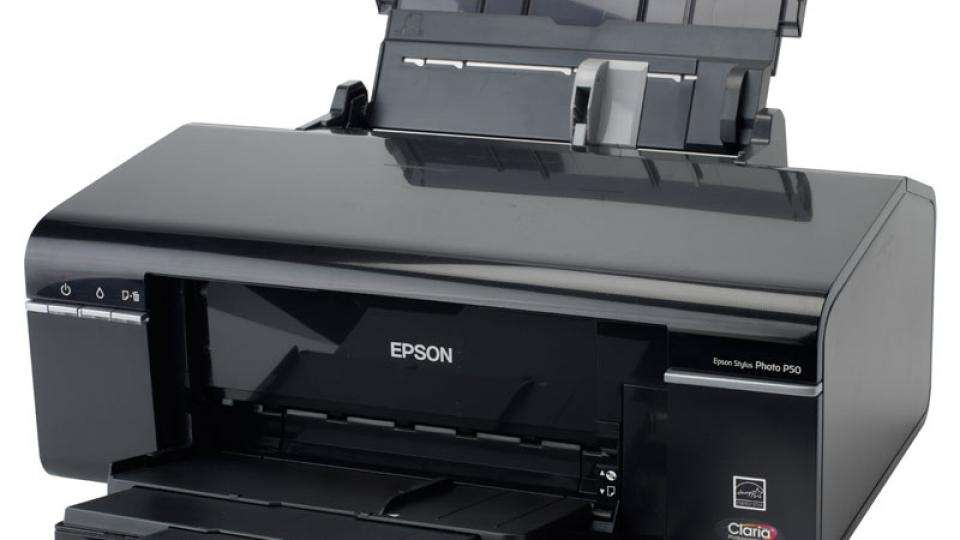

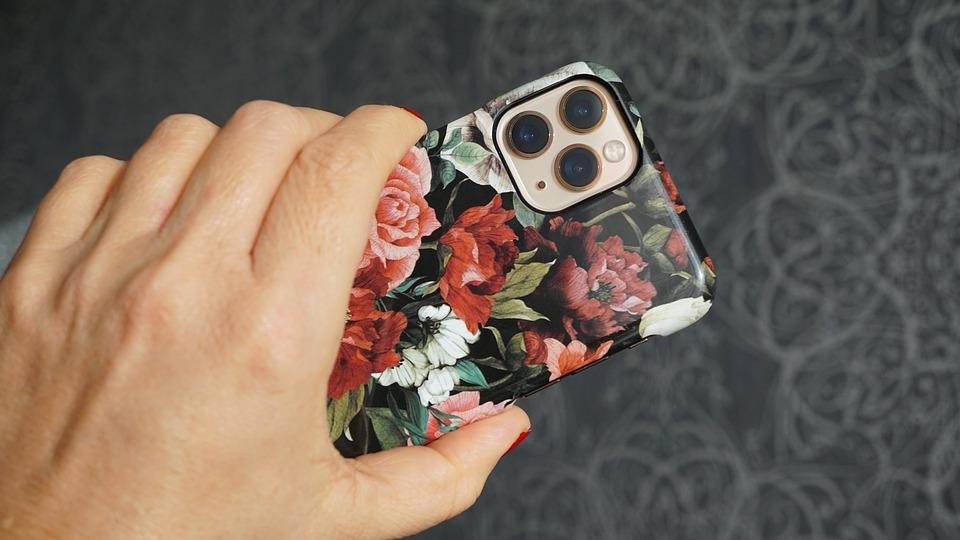
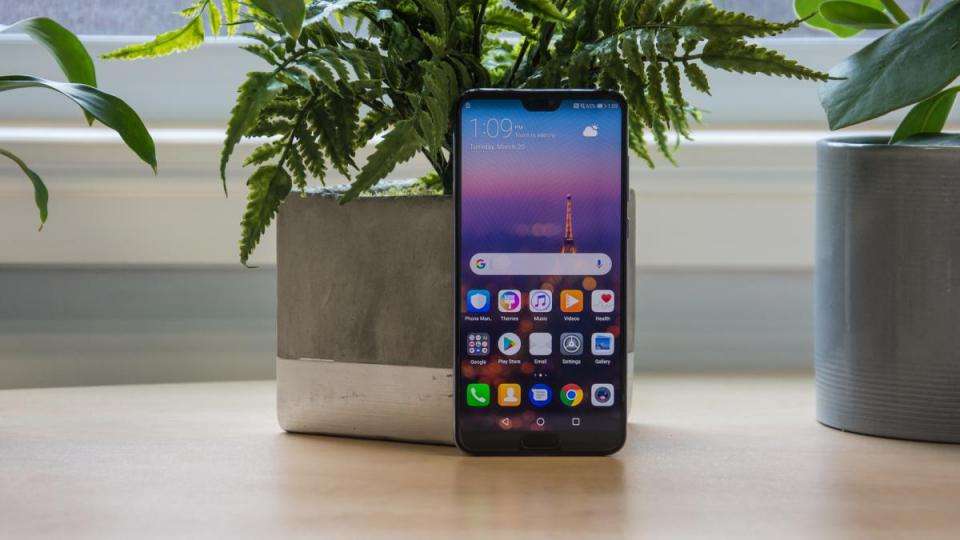
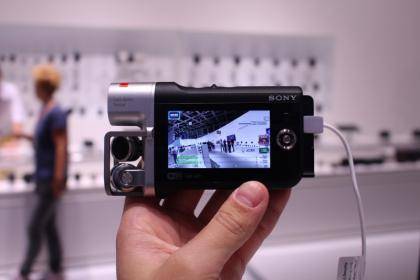
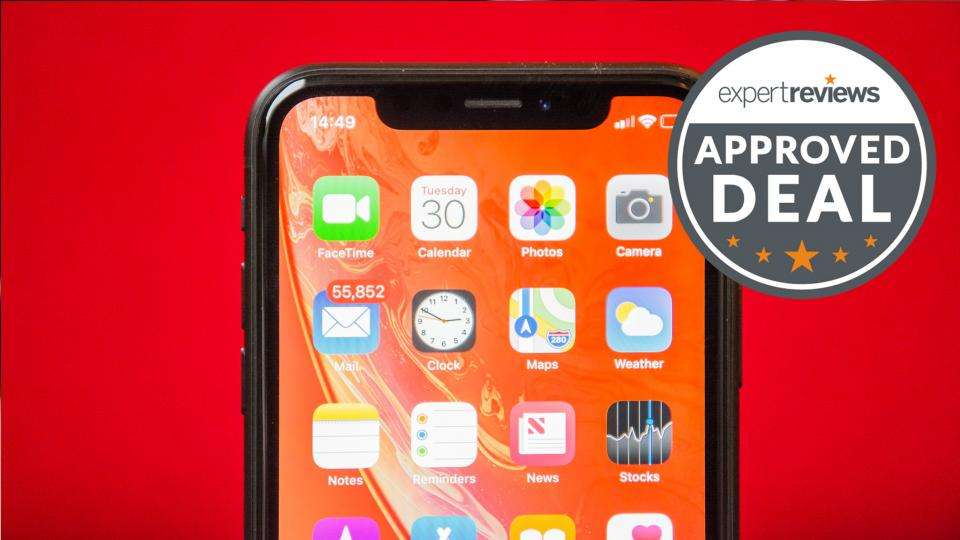
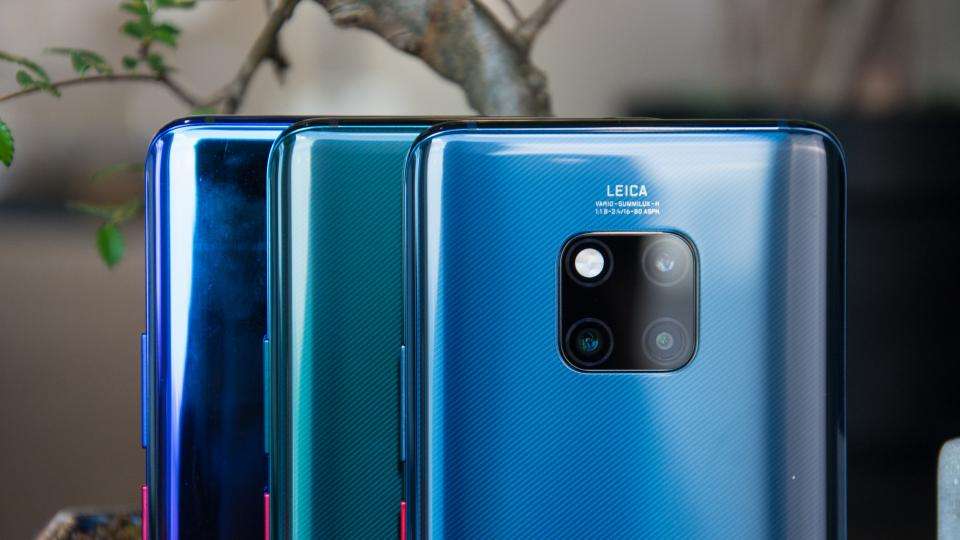
Leave a Reply